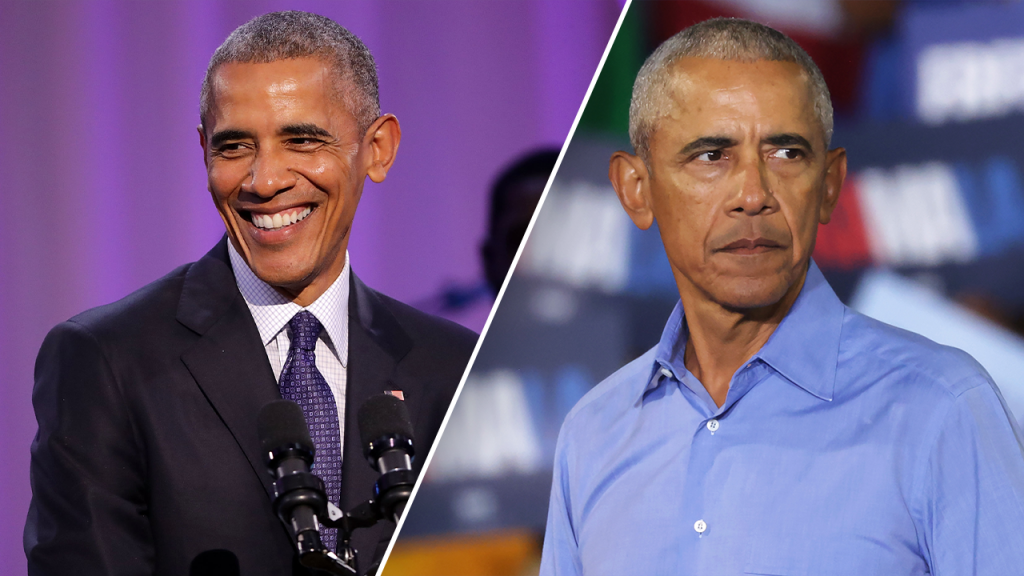The 2024 presidential election marked a turning point for the Democratic Party, signaling the potential end of Barack Obama’s long-held influence. Obama, along with other prominent party figures, faced criticism for their strategic decisions throughout the election cycle. Their support of President Biden, despite growing concerns about his age and fitness for office, and their subsequent backing of Vice President Kamala Harris, whose campaign struggled to connect with voters, ultimately contributed to their decisive loss against Donald Trump. Experts predict a “reckoning” within the party, with demands for accountability from leadership, including Obama, for misjudging the political landscape and failing to address the concerns of the electorate.
One key criticism leveled against Obama and the Democratic establishment is their failure to recognize the underlying reasons for Trump’s initial victory and his subsequent resurgence. Accusations of being “out of touch” with the concerns of working-class voters, particularly within the Black community, resonated throughout the post-election analysis. Obama’s attempts to rally support for Harris were deemed by some as falling back on outdated strategies and failing to adapt to the changing political climate. Critics argued that the party’s embrace of progressive policies alienated more moderate voters and contributed to the overall loss. The campaign’s focus on celebrity endorsements and reliance on Obama-era playbooks further reinforced the perception of a disconnect with the struggles of everyday Americans.
The Democratic Party’s internal struggles played a significant role in their electoral defeat. Concerns surrounding Biden’s mental capacity and fitness for a second term were evident, but the party leadership appeared reluctant to address them effectively. Obama’s public appearances with Biden were interpreted by some as an attempt to bolster the president’s image, but ultimately failed to quell the growing doubts. The disastrous debate performance further exacerbated these concerns, leading to calls for Biden to step aside. Obama’s subsequent endorsement of Harris, while expected, did little to energize the base or address the underlying issues plaguing the party.
Obama’s relationship with Harris, dating back to her early endorsement of his 2008 presidential bid, played a significant role in her ascension as the Democratic nominee. Harris, often referred to as the “female Obama,” surrounded herself with former Obama aides and advisors, signaling a continuation of his political legacy. However, this reliance on familiar faces arguably contributed to the campaign’s inability to break free from past strategies and connect with a broader electorate. The campaign’s failure to address the economic anxieties of voters and its perceived disconnect from the struggles of working-class families ultimately contributed to its downfall.
The post-election analysis revealed a deep divide within the Democratic Party, with some accusing Obama and his allies of prioritizing political maneuvering over genuine engagement with voters. The decision to push Biden out of the race, while arguably necessary, was criticized for its timing and execution. The subsequent rallying behind Harris, despite her own struggles throughout the primaries, seemed to prioritize loyalty over strategic advantage. The party’s failure to effectively address the concerns of working-class voters, particularly within the Black community, ultimately cost them dearly.
Ultimately, the 2024 election exposed a growing rift within the Democratic Party, signaling a potential shift in power and a re-evaluation of Obama’s legacy. The party’s failure to adapt to changing political realities and address the concerns of a broader electorate underscores the need for introspection and a willingness to embrace new strategies moving forward. The calls for a “reckoning” within the party highlight the urgency of this task, as Democrats grapple with the fallout of a significant electoral defeat and chart a course for the future.

